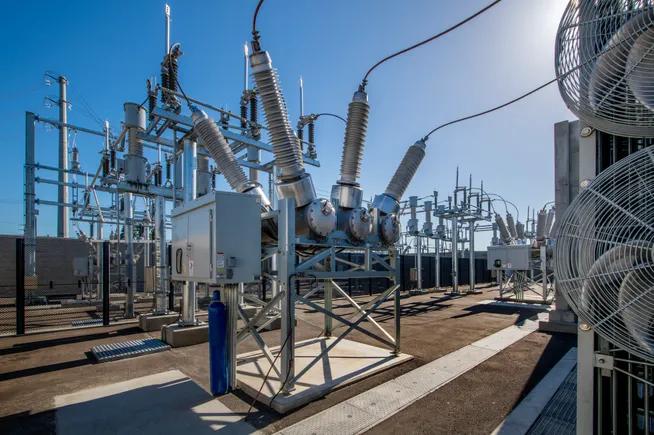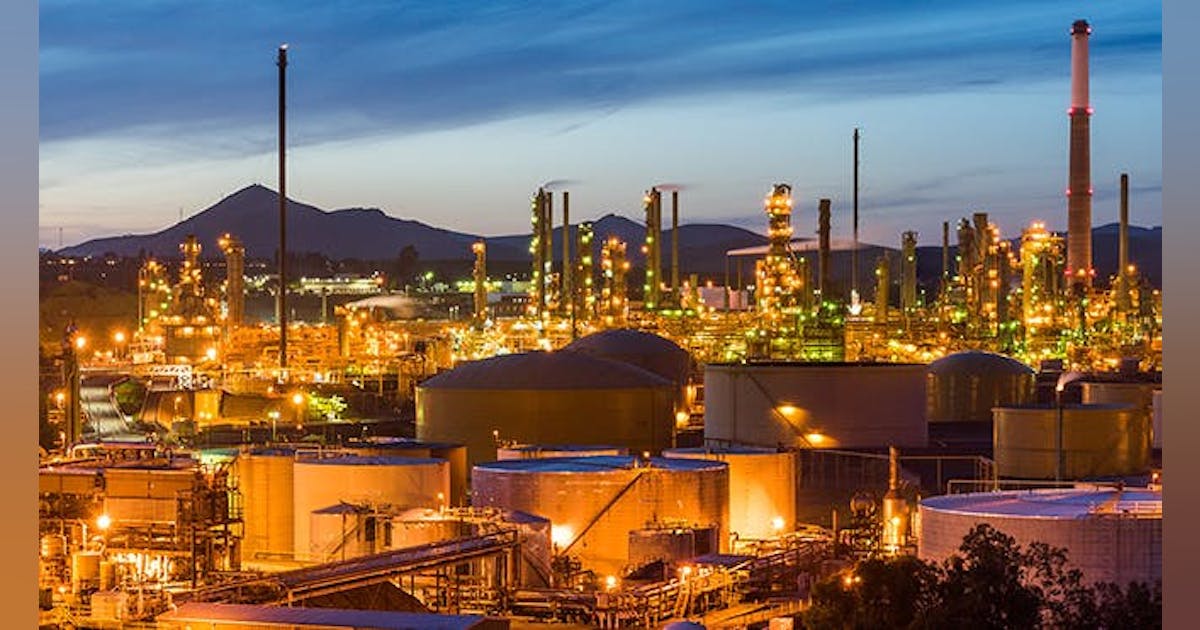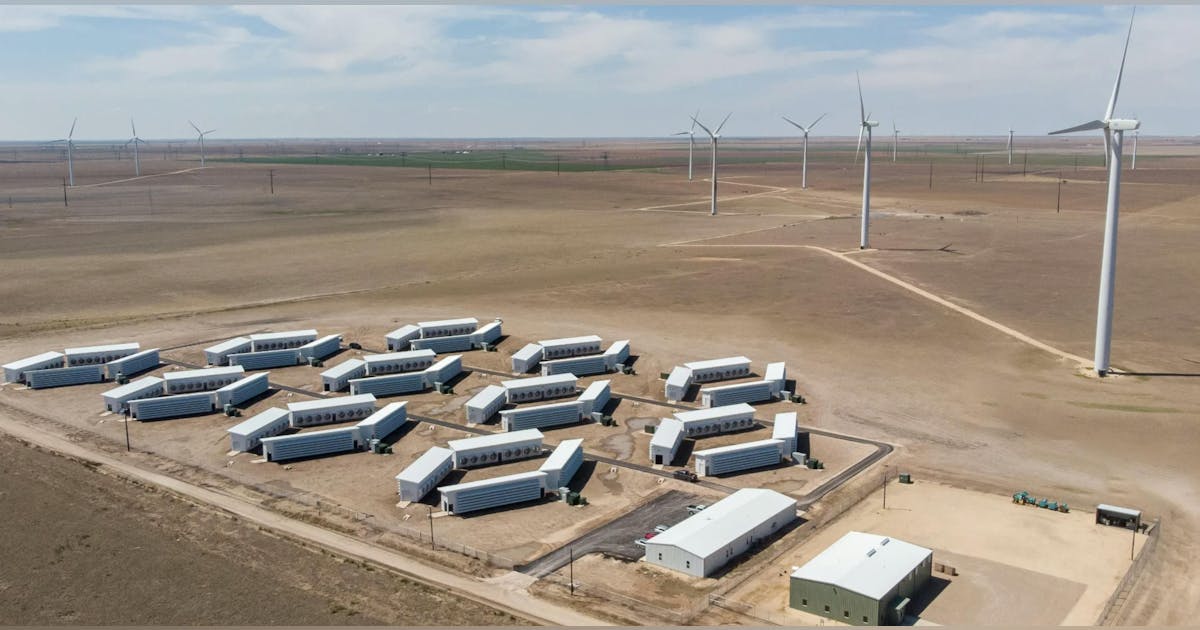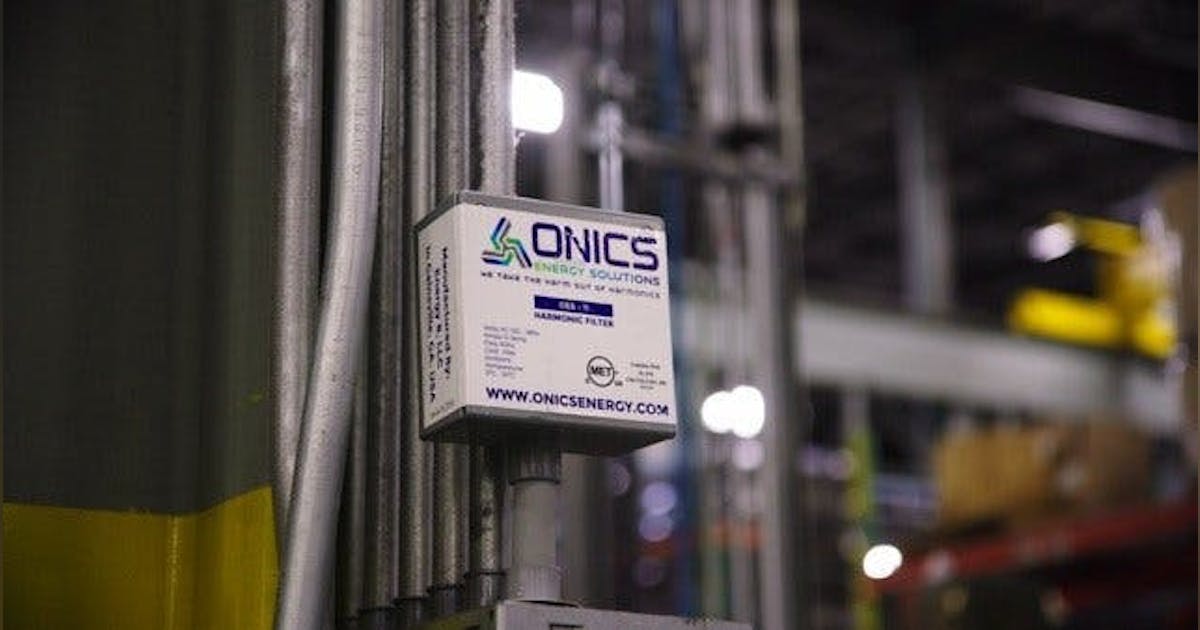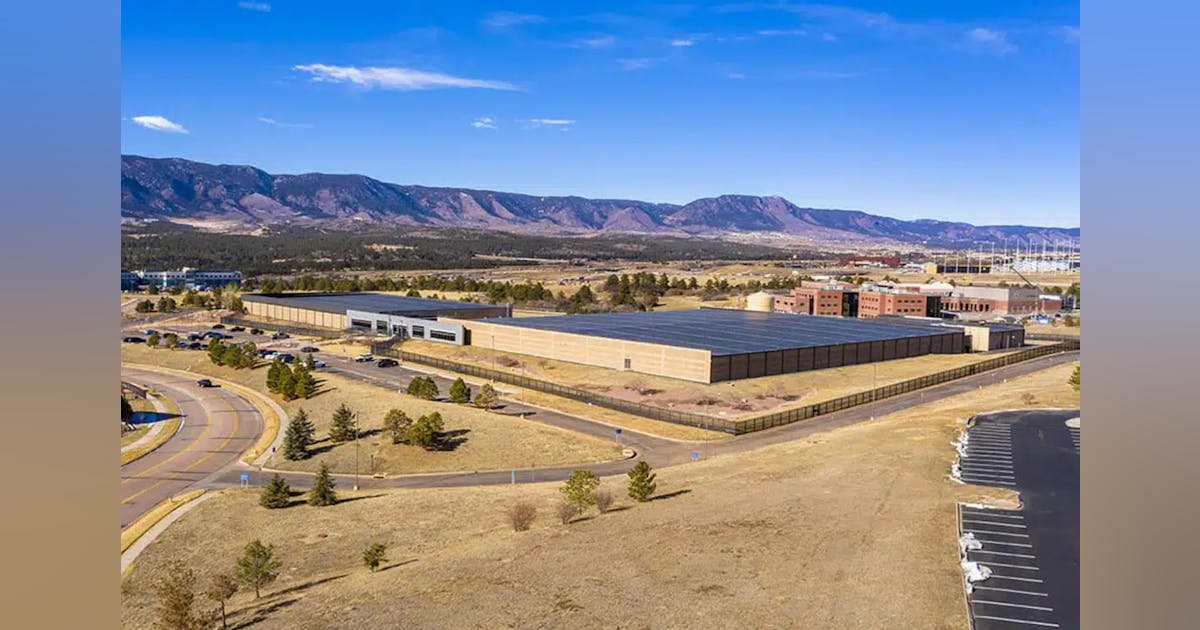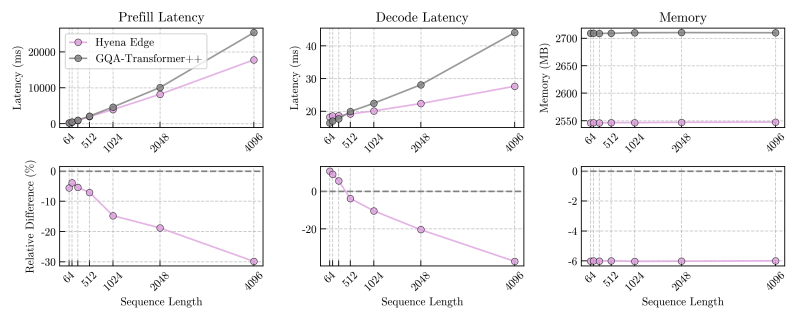
Eni SpA and the United Kingdom government have reached financial close on the Liverpool Bay carbon capture and storage (CCS) project, allowing the project to proceed to construction, the Italian operator said Thursday.
The project will provide the transport and storage infrastructure for the HyNet North West Industrial Decarbonization Cluster project, which spans North West England and North Wales. Planned to reach 4.5 million metric tons per annum (MMtpa) of carbon dioxide (CO2) storage capacity by 2030, HyNet will store captured emissions in depleted hydrocarbon fields in the Irish Sea. The HyNet consortium, led by Eni, plans to expand the capacity to 10 MMtpa after 2030. Eni has updated the expected startup date to 2028.
“The strategic agreement with the UK Government paves the way for the industrial-scale development of CCS, a sector in which the United Kingdom reaffirms its leadership thanks to the promotion of a regulatory framework that aims to strengthen the development of CCS and make it fully competitive in the market”, Eni chief executive Claudio Descalzi said in an online statement Thursday.
The government has put in place plans to establish 2 carbon capture, usage and storage (CCUS) clusters, as outlined in the “CCUS Net Zero Investment Roadmap” published April 2023. The roadmap identified 78 gigatons of potential CO2 storage capacity.
“The UK is a first mover; we are aiming to support the establishment of two CCUS clusters by the mid-2020s and a further two by 2030, through which we aim to capture 20- 30MtCO2 per year”, the roadmap states.
Descalzi added, “Eni has established itself as a leading operator in the UK thanks to its key role in CO2 transport and storage activities as the leader of the HyNet Consortium, which will become one of the first low-carbon clusters in the world”.
“CCS will play a crucial role in tackling the decarbonization challenge by safely eliminating CO2 emissions from industries that currently do not have equally efficient and effective solutions”, Descalzi said.
Expected clients include cement factories, waste plants and low-carbon hydrogen production facilities.
UK Energy Security Ed Miliband said, “Today we keep our promise to launch a whole new clean energy industry for our country – carbon capture and storage – to deliver thousands of highly skilled jobs and revitalize our industrial communities. This investment from our partnership with Eni is government working together with industry to kickstart growth and back engineers, welders and electricians through our mission to become a clean energy superpower”.
Neither Eni nor the government disclosed details of the financial deal. The government, however, said the agreement will see Eni award about GBP 2 billion ($2.66 billion) in supply chain contracts.
The North Sea Transition Authority separately said Thursday it has now issued permits for Liverpool Bay CCS.
“The Liverpool Bay CCS project will operate as the backbone of the HyNet Cluster to transport carbon dioxide from capture plants across the North West of England and North Wales through new and repurposed infrastructure to safe and permanent storage in Eni’s depleted natural gas reservoirs, located under the seabed in Liverpool Bay”, Eni said. “The project itself foresees the efficient repurposing of part of the offshore platforms as well as 149km [92.58 miles] of onshore and offshore pipelines, and the construction of 35km of new pipelines to connect industrial emitters to the Liverpool Bay CCS network”.
HyNet is also planned to contribute 40 percent of the UK’s low-carbon hydrogen production target, according to project information on Eni’s website. The UK plans to reach 10 gigawatts of low-carbon hydrogen output capacity by the end of the decade, at least half of which would be produced by electrolysis, as outlined in the government’s “British Energy Security Strategy 2022”.
To contact the author, email [email protected]
What do you think? We’d love to hear from you, join the conversation on the
Rigzone Energy Network.
The Rigzone Energy Network is a new social experience created for you and all energy professionals to Speak Up about our industry, share knowledge, connect with peers and industry insiders and engage in a professional community that will empower your career in energy.
MORE FROM THIS AUTHOR





